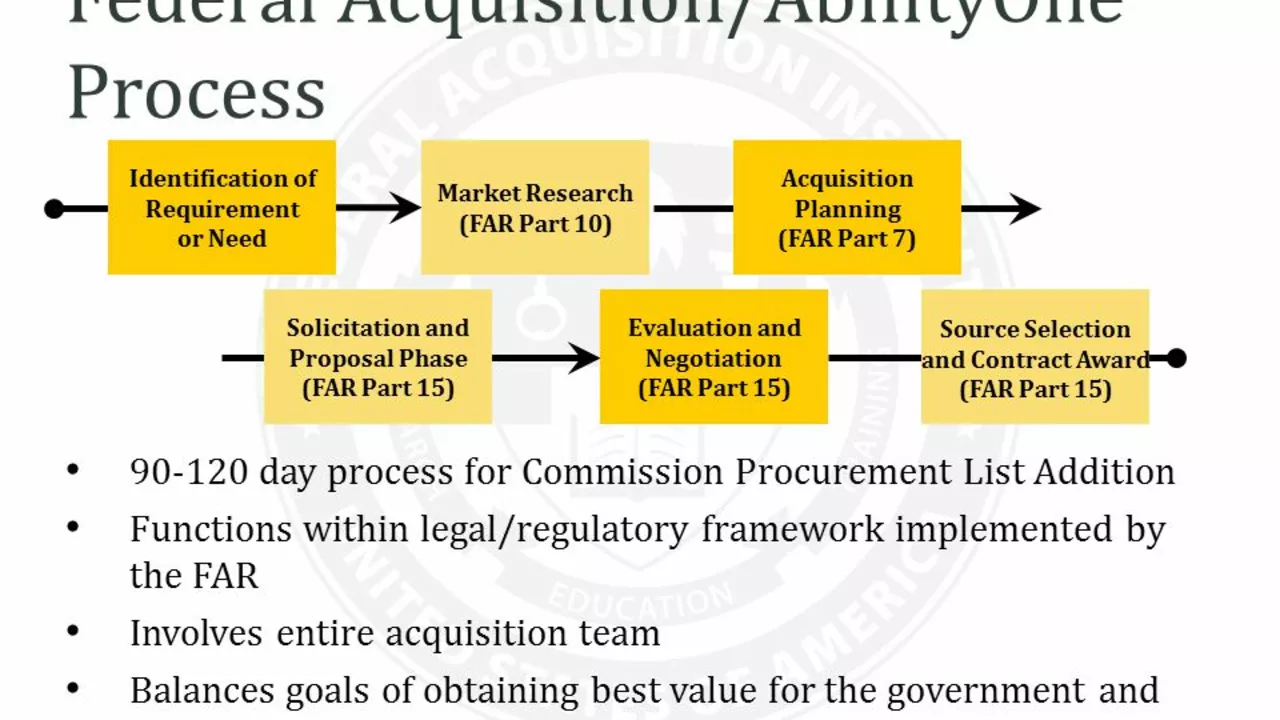Process Guide for Soccer Fans – Simple Steps to Watch, Stream, and Learn
Whether you’re trying to catch a live match on TV, binge classic games online, or figure out why players sign long contracts, the process can feel confusing. This page breaks down the most common soccer‑related tasks into bite‑size steps so you can get on with the fun.
How to Watch a Live Football Match
First, decide how you want to see the game. If you’re near the stadium, buying a ticket is the most immersive option – just head to the club’s official site, pick a seat, and confirm. For a TV broadcast, check your local sports channels; in the UK, BBC and Sky Sports cover most league action. If you prefer streaming, sign up for a service that holds the rights – ESPN+, Amazon Prime, or the league’s own platform. Once you’ve logged in, search the match by team name or competition and hit play.
Don’t forget the basics: a stable internet connection, a decent screen or phone, and maybe a snack. If you’re in a public place like a bar, ask if they’re showing the match on their TV to avoid double‑paying.
Finding Old Football Matches Online
Old games are a treasure trove for learning tactics or just reliving glory moments. Start with YouTube – type the teams and the year, and you’ll often find full‑match uploads or highlights. For a more organized library, try Footballia or ReplayMatches; both offer searchable archives and sometimes subtitles. If you have a subscription to ESPN+ or the official FIFA site, you can also pull up classic tournaments. Remember to check if the service is free or requires a one‑off fee.
When you locate a match, watch it at a comfortable speed. Many players use the 1.25x or 1.5x speed option to see the action faster without missing key moments. Take notes on formations if you’re studying tactics – a quick pen and paper work better than a phone app for quick sketches.
Understanding Soccer Contracts
Most players avoid one‑year contracts because of security. A longer deal guarantees a steady salary and lets the club protect its investment. If you’re a young player looking at contract options, ask your agent about release clauses, performance bonuses, and guaranteed minimums. A good contract spells out what happens if you get injured, how many appearances trigger extra pay, and what the club can do if they want to sell you.
From the club’s side, a longer contract locks in talent and can increase resale value. That’s why you’ll often hear clubs negotiating five‑year deals for promising stars. The process usually involves a back‑and‑forth of salary offers, performance incentives, and sometimes image‑rights agreements.
Whether you’re a fan curious about the business side or a player navigating your first deal, knowing why contracts look the way they do helps you follow the sport beyond the pitch.
All these processes – watching live, streaming archives, and understanding contracts – share a common theme: a clear plan makes everything smoother. Pick the step you need, follow the checklist, and enjoy the beautiful game without the hassle.
How long does it take to get a trademark?

